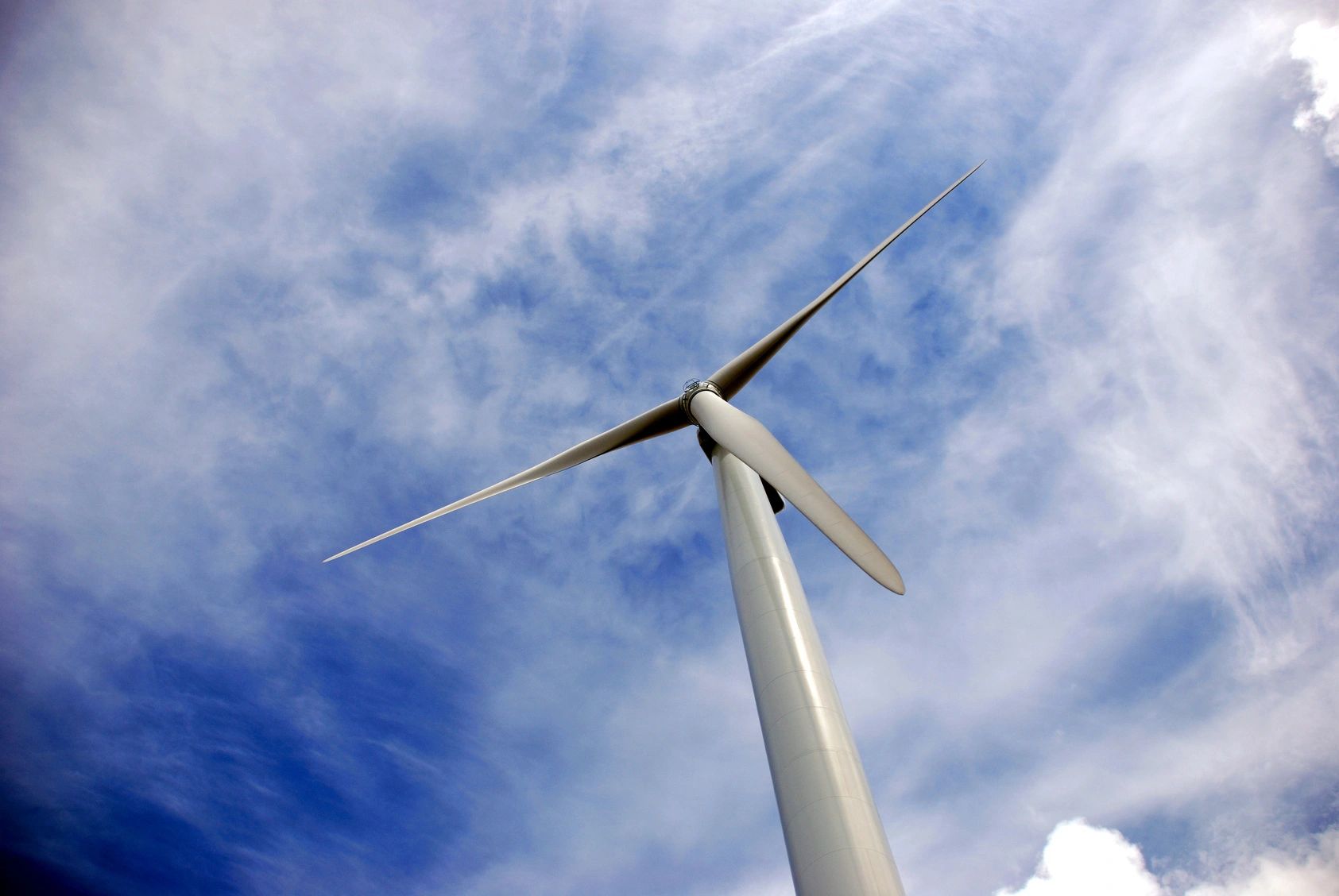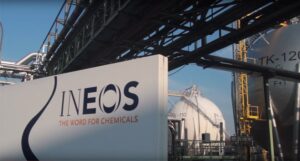
(Ecopetrol, 25.Mar.2021) — In line with its commitment to mitigate climate change, further the energy transition and its TESG agenda[1], Ecopetrol Group announces its goal of net zero emissions by 2050.
- Ecopetrol is the first company in the Oil and Gas industry in Latin America to establish this ambitious goal, in line with its objectives on energy transition, TESG, and climate change mitigation.
- The company will reduce its emissions by 25% in 2030 compared a 2019 baseline.
- New targets contribute to the objectives of the Paris Agreement and Colombia´s target to reduce greenhouse gas emissions by year 2030.
- The company presents a roadmap to achieve these goals, which includes: reduction of fugitive emissions and venting from routine gas flaring, energy efficiency in operations, incorporation of renewable energies, Natural Climate Solutions, hydrogen and carbon capture, use and storage.
- The new decarbonization goals will be incorporated in the TESG Strategy and in the long-term Corporate Strategy to be updated in 2021.
- Ecopetrol reduced 8.4 million tons of CO2e in the last decade.
Under this new ambitious goal, the company ratifies its responsibility with the Sustainable Development Goals (SDGs) and with the Paris Agreement’s purpose of curtailing global warming.
The 2050 objective has intermediate goals and a short, medium and long-term portfolio, with some projects already implemented or in a research stage. By 2030, the Ecopetrol Group seeks to reduce its CO2e emissions by 25% (scopes 1 and 2) [2] compared to a 2019 baseline.
According to the estimated emissions projected by 2030, this reduction would represent between 5 and 6 million tons of CO2e reductions in this decade – equivalent to the restoration of an area of 500,000 has (ca.), i.e. more than 13 times the urban area of Bogota. In addition, this goal would contribute close to 50% of the reduction goal set by the Colombian energy/mining sector by the year 2030.
In addition, Ecopetrol seeks to reduce 50% of its total emissions by 2050 (scopes 1, 2 and 3).
Ecopetrol Group’s goal contributes significantly to the commitment recently announced by Colombia to reduce 51% of greenhouse gas emissions by the year 2030.
The emission reduction goals for the three scopes (1, 2 and 3) will be measured in terms of absolute reductions, and will be periodically reviewed against the progress, maturity and competitiveness of emerging technologies, as well as the evolution of the business plan of the company and its Corporate Strategy.
“These new goals demonstrate Ecopetrol Group’s commitment to face the world’s great environmental challenges, and to an orderly and ambitious energy transition. Our objective is to become a comprehensive energy company strengthening our traditional business, positioned at the forefront in the fight against climate change and the application of knowledge, innovation and technology to lead decarbonization efforts in Colombia and Latin America. This goal is based on our TESG strategy – a concept we adopted in Ecopetrol that puts technology at the heart of sustainable management in the environmental, social and governance perspectives”, said Ecopetrol CEO, Felipe Bayón.
The development of the goals proposed is part of Ecopetrol Group’s Corporate Strategy, its TESG agenda and the roadmap to promote energy transition, under a detailed decarbonization plan to ensure its competitiveness and resilience, and seeking portfolio diversification towards low emission business options.
Decarbonization plan
Ecopetrol is implementing a decarbonization plan that includes the permanent update of the greenhouse gas emissions inventory, the implementation of an emission reduction portfolio, the definition of the roadmap to achieve a net zero emissions goal, and the design and execution of a an offset portfolio of Natural Climate Solutions.
The latter includes avoided deforestation projects, restoration and reforestation in agroforestry projects, among others. It may also represent numerous social benefits to the territories where this strategy is implemented. In addition, these projects have the potential to effectively reduce net CO2 emissions and contribute to the country’s Nationally Determined Contribution (NDC), considering that the main sources of emissions in Colombia are associated with deforestation and land use changes.
The implementation of this plan has already yielded positive results. Ecopetrol achieved a cumulative reduction of 8.4 million tons of CO2e in the 2010 – 2020 period, of which 1.7 million have been verified by a third party.
The result of the last decade was achieved through programs to reduce fugitive emissions and venting, decrease gas flaring, efforts to achieve energy efficiency in operations and incorporating renewable energy projects focused mainly in solar parks.
In the short and medium term, the plan will be complemented by a more robust portfolio of natural climate solutions, as well as biomass initiatives and the development of solar, wind and geothermal energy projects.
In the long term, Ecopetrol Group plans to develop initiatives related to hydrogen, carbon capture, use and sequestration and energy storage through batteries, once the competitiveness and effectiveness of these alternatives is achieved. In this sense, the company has already started research to determine the potential to produce green hydrogen.
Greater competitiveness and resilience
The objectives set are part of Ecopetrol Group’s climate change strategy, which seeks to achieve the following:
- Reduce Greenhouse Gas (GHG) emissions in operations and in the value chain.
- Reduce vulnerability of the operation to the effects of climate change.
- Adequately manage risks and identify opportunities associated with climate change and the energy transition.
This strategy takes into account Colombia’s climate change policies and plans, in alignment with the main international standards on the matter such as the recommendations of the Task Force on Climate-related Financial Disclosures (TCFD).
Ecopetrol has initial estimates of costs and emission abatement potential for each of the alternatives proposed in the roadmap. Ecopetrol will integrate these inputs in its business plan in the medium and long term, in order to take the necessary measures to ensure the company’s value creation, cash protection and competitiveness. The use of new sources of capital for green investments will be sought as part of this strategy.
Roadmap
Mature technologies that are currently available – as well as emerging technologies with good prospects – were considered to define the actions that support Ecopetrol Group’s new goals. Emission reducing potential and its cost-effectiveness in the short term (2025), medium term (2030) and long term (2050) have been evaluated for each technology mentioned in the zero emissions roadmap.
Net zero emissions roadmap proposed:
2020- 2025:
- Permanently update the inventory of emissions from direct operations, subsidiaries and non-operated assets, including those associated with scope 3.
- Implementation of initiatives identified for energy efficiency, reduction of fugitive emissions, venting and flaring, and renewable energies – solar, wind and geothermal.
- Identifying additional initiatives for efficiency, reduction of flaring and biomass.
- Developing the portfolio of Natural Climate Solutions.
- Green hydrogen pilot.
2025-2030:
- Implementing additional technological options in energy efficiency, reduction of fugitive emissions, venting and flaring, fuel substitution, and renewable energies – solar, wind and geothermal.
- Further developing the portfolio of Natural Climate Solutions.
- Gradually escalating green hydrogen and carbon capture, use and sequestration pilots – if the technologies are competitive.
2030-2050:
- Capitalizing on the technological advancement of competitive initiatives in green hydrogen, carbon sequestration and renewable energy with storage through batteries.
- Further developing the portfolio of Natural Climate Solutions.
In addition to the projects and initiatives to reduce emissions associated with Scopes 1 and 2, Ecopetrol Group will carry out a comprehensive analysis of the following options regarding Scope 3 emissions:
- Increase the share of gas in the Group’s portfolio.
- Redirection of refining streams towards petrochemicals according to value addition.
- Renewable hydrogen to replace gasoline and diesel.
- Low carbon fuels.
- Emissions management throughout the supply chain.
[1] Model of contribution and generation of value to society. Through innovative and technological solutions, the TESG strategy aims to harmonize economic, social and environmental development under a framework of trustworthy, transparent and ethical government.
[2] Scope 1 and 2 emissions correspond to direct emissions and emissions associated with the purchase of energy. Scope 3 emissions represent emissions in the company’s value chain – mainly those associated with the use of the products sold.
____________________

